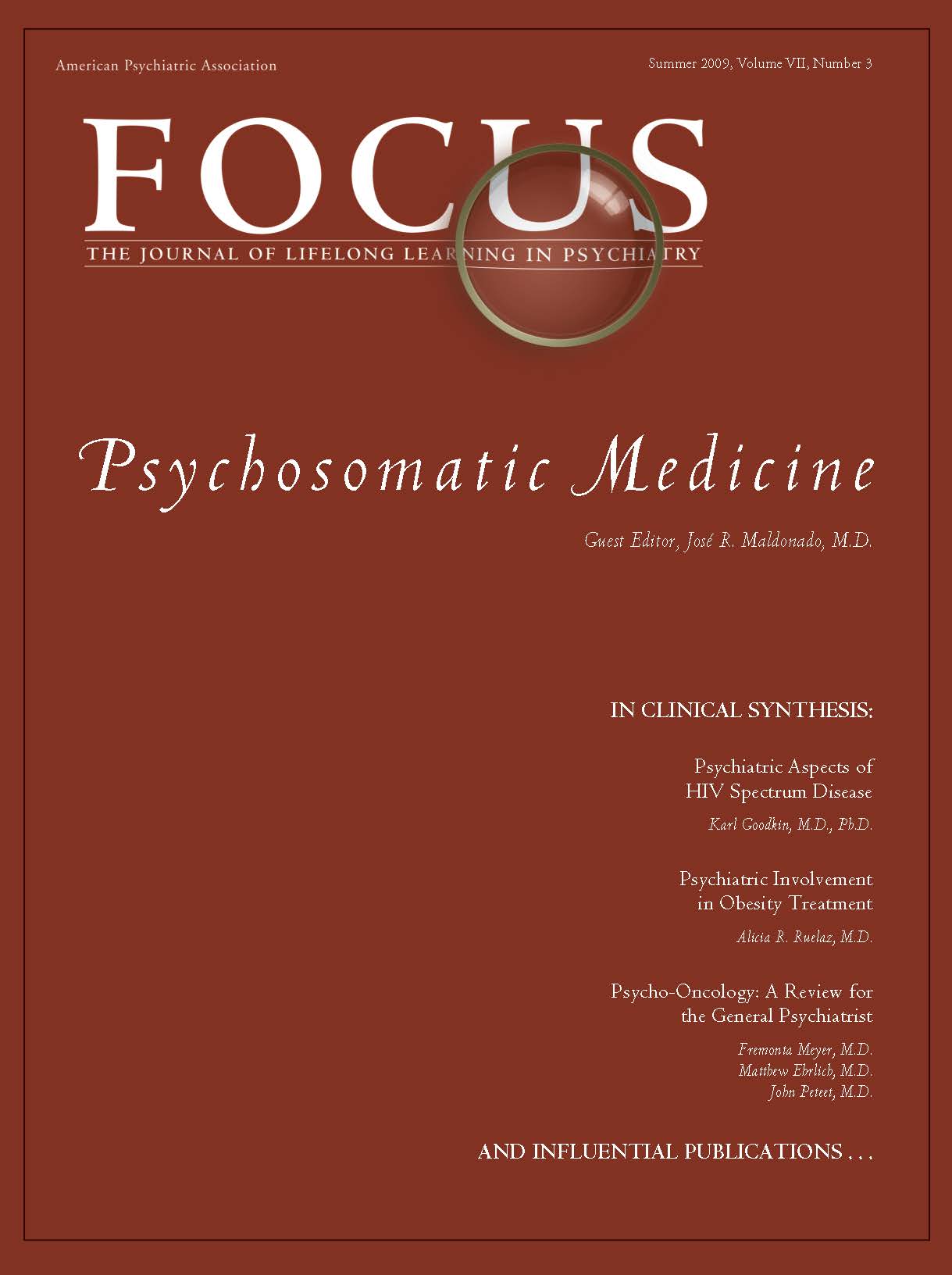Clinical Management Guidelines for Obstetrician-Gynecologists Use of Psychiatric Medications During Pregnancy and Lactation
Abstract
It is estimated that more than 500,000 pregnancies in the United States each year involve women who have psychiatric illnesses that either predate or emerge during pregnancy, and an estimated one third of all pregnant women are exposed to a psychotropic medication at some point during pregnancy (1). The use of psychotropic medications is a cause of concern for physicians and their patients because of the potential teratogenic risk, the risk of perinatal syndromes or neonatal toxicity, and the risk for abnormal postnatal behavioral development. With the limited information available on the risks of the psychotropic medications, clinical management must incorporate an appraisal of the clinical consequences of offspring exposure, the potential effect of untreated maternal psychiatric illness, and the available alternative therapies. The purpose of this document is to present current evidence on the risks and benefits of treatment for certain psychiatric illnesses during pregnancy.
(Reprinted with permission from Obstetrics & Gynecology 2008; 111:1001–1020)



